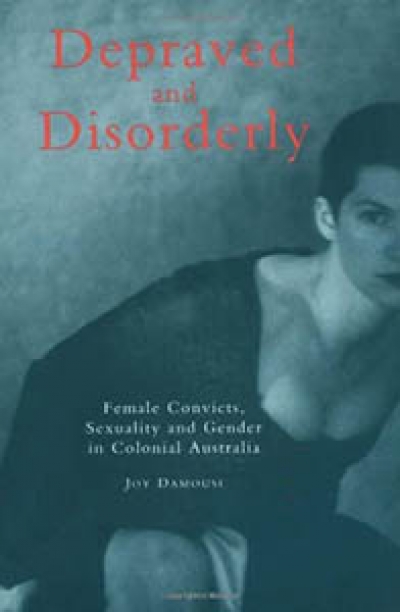Archive
Film | Theatre | Art | Opera | Music | Television | Festivals
Welcome to ABR Arts, home to some of Australia's best arts journalism. We review film, theatre, opera, music, television, art exhibitions – and more. To read ABR Arts articles in full, subscribe to ABR or take out an ABR Arts subscription. Both packages give full access to our arts reviews the moment they are published online and to our extensive arts archive.
Meanwhile, the ABR Arts e-newsletter, published every second Tuesday, will keep you up-to-date as to our recent arts reviews.
Recent reviews
Mortal Divide: The autobiography of Yiorgos Alexandroglou by George Alexander
From Aldi Wimmer
Dear Editor,
This is the first time I am responding to something I read in ABR, and the reason is Ivor Indyk’s outrageous review of John Kinsella’s Poems 1980–1994 (July ABR). Actually, it isn’t so much a review as a piece of character assassination. How Indyk, whose reviews are usually excellent, can fall into a ranting mode in which he totally loses sight of the texts that he should be evaluating, is beyond me. What can have possessed him? Envy that a younger man is an accomplished writer?
... (read more)‘Those who can, do; those who can’t, teach.’
Can I begin like that? It’s risky, and contentious, and will probably come back at me. But it’s no less a stupid comment for all that. In my experience it is usually the ones who say it who are the ones who can’t.
... (read more)






